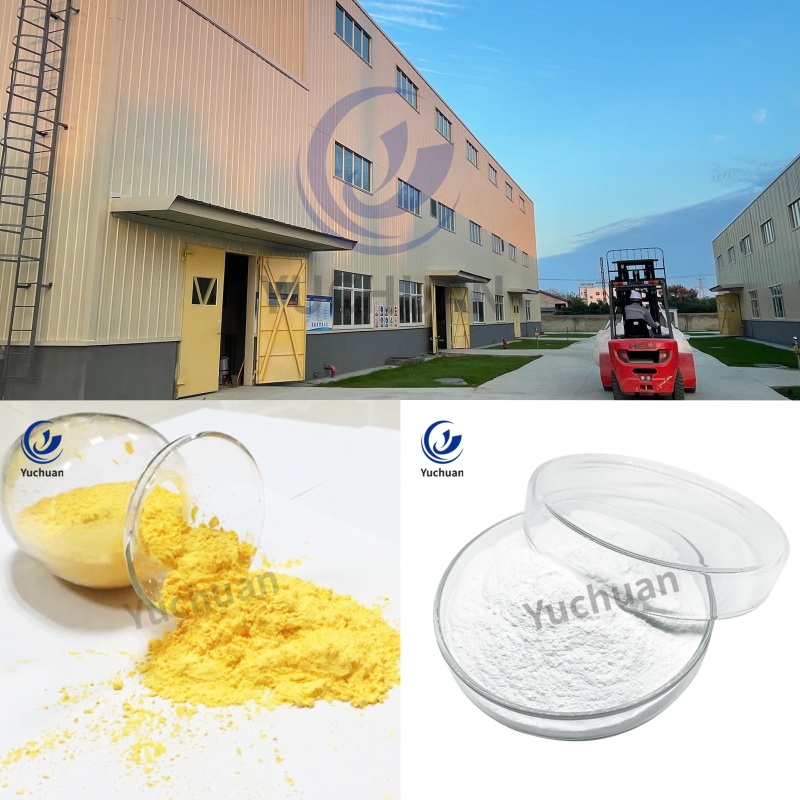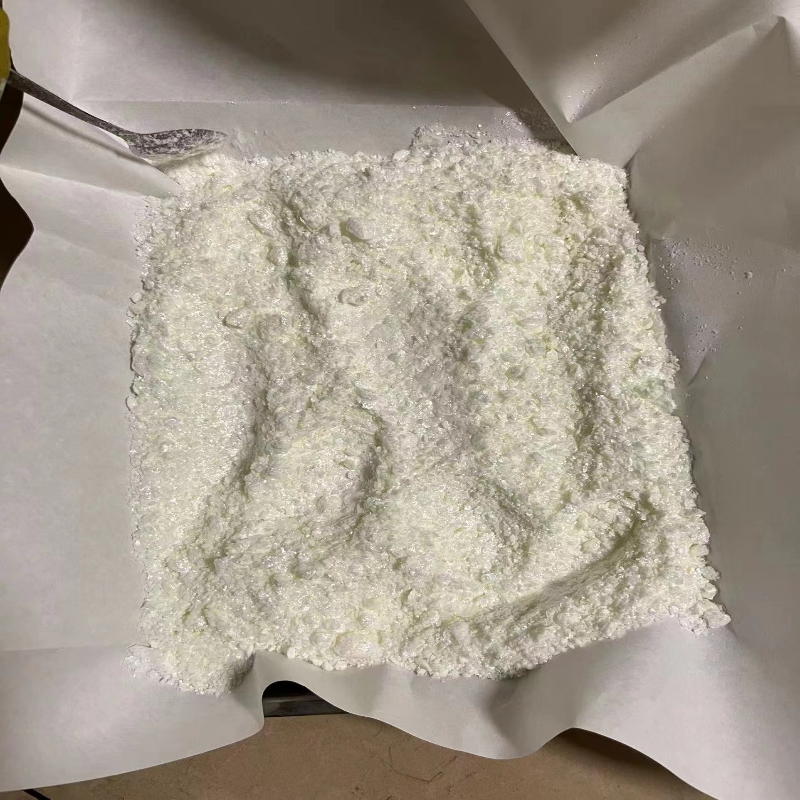-
Categories
-
Pharmaceutical Intermediates
-
Active Pharmaceutical Ingredients
-
Food Additives
- Industrial Coatings
- Agrochemicals
- Dyes and Pigments
- Surfactant
- Flavors and Fragrances
- Chemical Reagents
- Catalyst and Auxiliary
- Natural Products
- Inorganic Chemistry
-
Organic Chemistry
-
Biochemical Engineering
- Analytical Chemistry
-
Cosmetic Ingredient
- Water Treatment Chemical
-
Pharmaceutical Intermediates
Promotion
ECHEMI Mall
Wholesale
Weekly Price
Exhibition
News
-
Trade Service
On April 2, Celanese officially announced the completion of the reorganization of Korea Engineering Plastics Corporation (KEP)
.
Celanese announced the restructuring of KEP in December 2020, with Celanese and Mitsubishi Gas Chemical (MGC) each holding a 50% stake in the company
.
Following the reorganization, KEP will focus on producing and delivering high-quality products to its shareholders, who will each sell these products globally and independently of competition
.
Celanese and MGC believe that KEP's focus on manufacturing and delivering a portfolio of leading innovations to shareholders is a necessary response to the globalization of the engineering plastics industry, the fragmentation of supply chain marketing and other changes in industry conditions
.
KEP was first established in 1987 to manufacture and sell polyoxymethylene (POM) materials in Asia, while also focusing on meeting the needs of the domestic Korean market
.
The reorganization will also expand Celanese's access to original equipment manufacturers (OEMs) in Asia and more effectively engage in key markets outside of China
.
It is worth mentioning that KEP's polyoxymethylene technology comes from Mitsubishi Gas Chemical, and now, KEP has been acquired by Mitsubishi Gas Chemical
.
Tom Kelly, senior vice president of Celanese Engineering Materials, said: "After the reorganization, Celanese will obtain a stable POM production capacity of about 70,000 tons per year in Asia and the corresponding global marketing rights, and achieve a world-class global market.
POM aggregation capabilities
.
Celanese maintains governance rights over the KEP joint venture, and is pleased to be able to create more value from its 50% stake through this reorganization
.
Celanese will build on KEP’s production technology and rich product offerings portfolio and sell through its own commercial team, project model and global supply chain network
.
”
With the reorganization complete, Celanese and MGC will continue to explore other ways to fully leverage KEP's manufacturing strengths, including evaluating the potential for future expansion of its polymer and modification capabilities
.
Under the final terms of the reorganization, Celanese agreed to sell to KEP the plant site currently leased by KEP in Ulsan, South Korea at a market value of approximately $10 million, thereby monetizing Celanese's non-strategic assets and further Consolidate KEP's position in Ulsan
.
It is reported that in 2021, KEP will contribute approximately $30 million in equity earnings to Celanese’s engineered materials business
.
Celanese expects the restructuring of the KEP joint venture to be immediately accretive to its adjusted EBIT and adjusted earnings per share
.
Celanese's marketing and synergies will drive an increase in adjusted earnings before interest and taxes (EBIT) of $25 million to $40 million over the next three years, resulting in an increase in adjusted EPS from $0.
15 to $0.
20 dollars
.
According to statistics, as of the end of 2021, Celanese has a production capacity of 140,000 tons/year and 110,000 tons/year in Germany and the United States, respectively.
Now that the reorganization of Korea Engineering Plastics Co.
, Ltd.
has been completed, it will obtain a stable supply of about 70,000 tons in Asia.
/ year POM production capacity, its leading position in the POM field can be said to be more and more prominent
.







